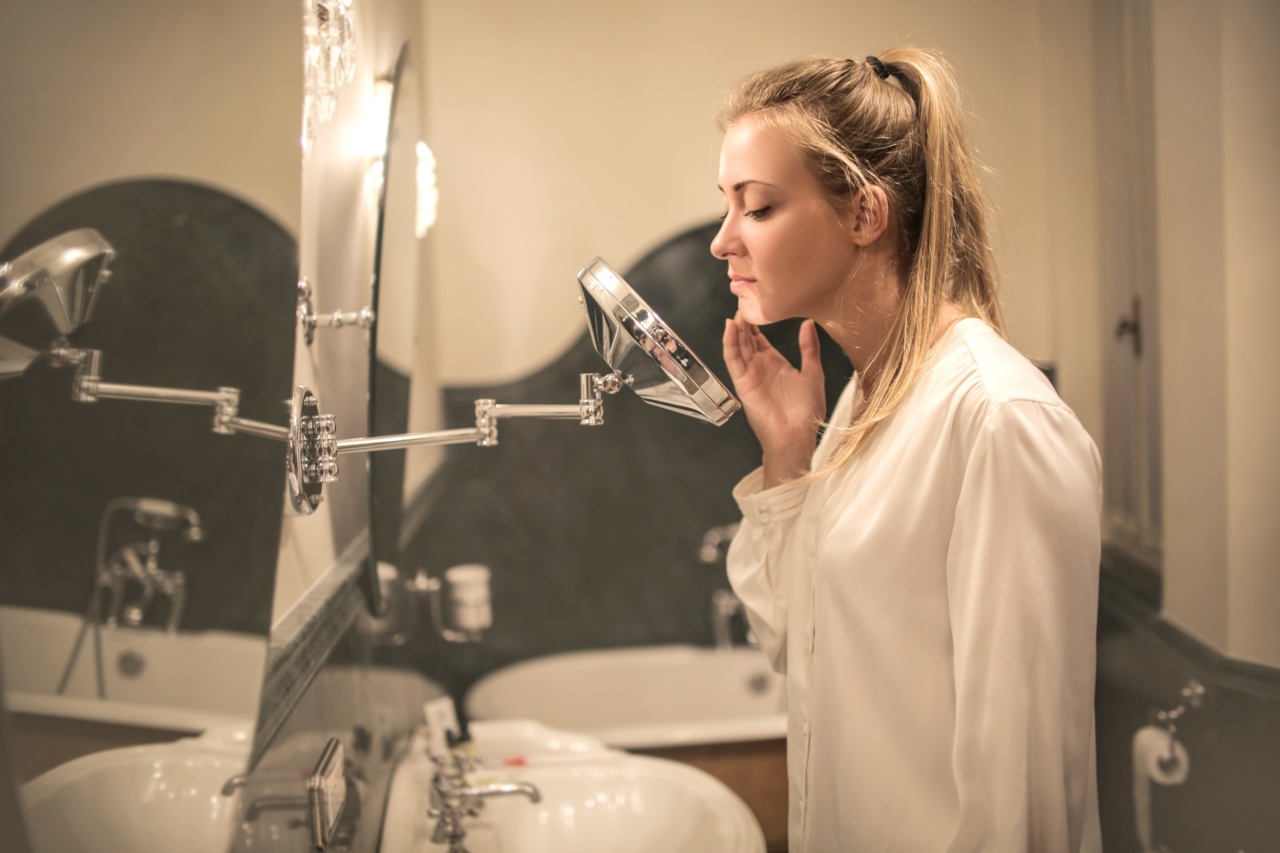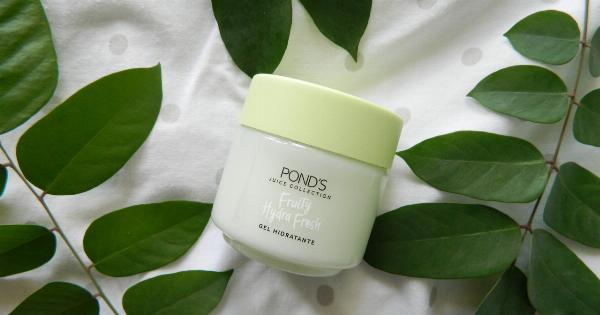Acne-prone skin can feel like an never-ending battle to achieve clear, healthy skin. The right skincare routine can make all the difference.
Understanding Acne-Prone Skin
Acne is a skin condition that occurs when hair follicles become blocked with oil and dead skin cells. This results in pimples, blackheads, whiteheads, and cysts.
Acne-prone skin is often oily and sensitive, making it crucial to find a skincare routine that works for you.
Step 1: Cleansing
Cleansing is the first step in any skincare routine. When it comes to acne-prone skin, look for a gentle cleanser that won’t irritate your skin. Avoid harsh exfoliants and opt for chemical exfoliants that contain AHAs or BHAs.
These exfoliants dissolve dead skin cells and unclog pores without the rough scrubbing that can cause irritation.
Step 2: Treating Acne
A targeted treatment can help keep acne in check. Look for products that contain acne-fighting ingredients like benzoyl peroxide, salicylic acid, or retinoids. These ingredients work by unclogging pores, reducing inflammation, and killing bacteria.
Step 3: Moisturizing
Oily skin still needs hydration. Look for a lightweight, oil-free moisturizer that won’t clog pores. A moisturizer will help keep your skin soft and supple while helping to avoid creating more oil production.
Step 4: Sun Protection
Most acne-prone skin is also sensitive to UV rays, so make sure to use a daily sunscreen or moisturizer with SPF. Stick with a mineral sunscreen to avoid the harsh chemicals that can irritate your skin.
Extra Tips for Skincare Routine for Acne-Prone Skin
Here are some additional tips to keep in mind:.
- Be gentle. Avoid harsh scrubs, hot water, and aggressive rubbing when cleansing and drying your skin.
- Hydrate from inside. Drink plenty of water and eat a healthy diet to keep your skin hydrated and balanced.
- Avoid touching your face. Your hands are full of bacteria and oil that can transfer to your skin and clog pores.
- Change your pillowcase regularly. Your pillowcase can harbor bacteria and oil, causing breakouts.
- Don’t pop pimples. Picking at acne can slow down the healing time, cause inflammation, and increase the risk of scarring.
Conclusion
The right skincare routine can make a significant difference when it comes to acne-prone skin. Focus on consistent, gentle cleansing, acne-fighting treatments, moisturizing, and sun protection to keep your skin clear and healthy.
Don’t forget to drink plenty of water, eat a healthy diet, and avoid touching your face. With consistent care and attention, you can achieve the clear, healthy skin you’ve always wanted.


























